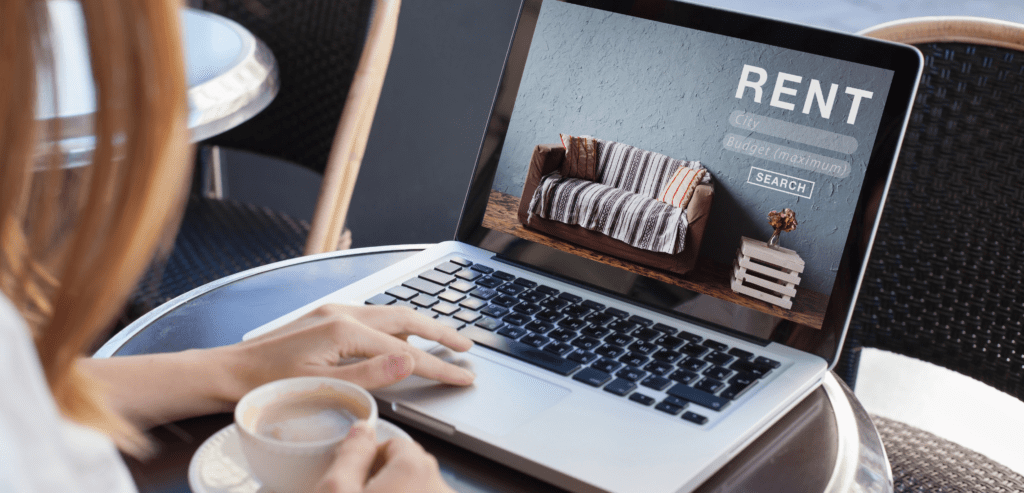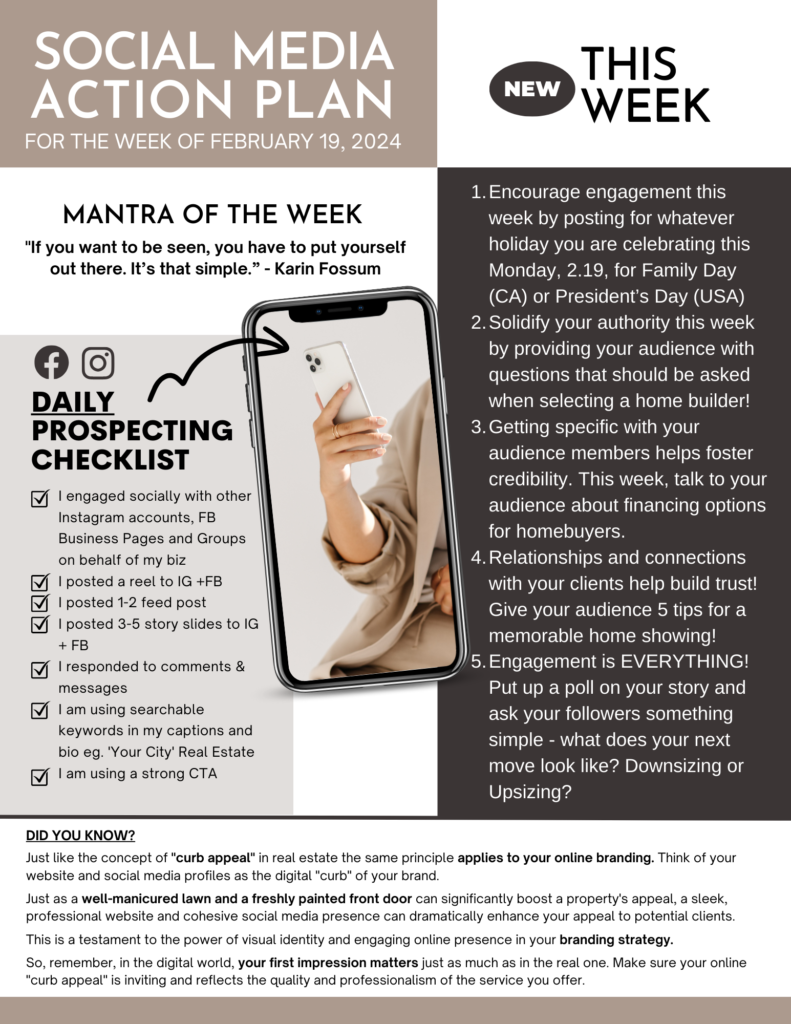Buying your first rental property is a big decision and a huge leap forward for any aspiring investor. A rental property is one of the largest assets that you can own and can be a great way to generate passive income. However, all investments come with a risk. Owning a rental property can also require various skills, lots of time, and hard work from your part as a landlord.
So, before you decide to buy a rental property, ask yourself these questions:
Questions to Ask Yourself Before You Buy a Rental Property
- What are my financial goals?
- Am I prepared for the extra expenses?
- Where is the best location for my rental property?
- Am I ready to be a landlord?
- Who will manage my property?
- Have I weighed the risks vs. the rewards?
5 Steps to Buying Your First Rental Property
1. Arrange your financing
2. Determine your ROI
Before diving into any investment, you must consider your return on investment (ROI). During the early stages of the home buying process, you must at least have a rough estimate of your return on investment (ROI).
You can calculate your ROI by finding the property’s net annual income. The net annual income is the rental income that is left after you have paid for all the expenses. These expenses are composed of the taxes, monthly mortgage, insurance, property management fees, repairs, vacancy period, and any other utilities that you pay for as a landlord.
By calculating your ROI, you can determine if the rental property is a good investment or not.
3. Find a rental property
When it’s finally time to search for the rental property, make sure that you know how to spot a good one. The first step is doing your research so that you know what to look for. You would want a house that requires low maintenance and has limited vacancies. This allows you to have a good rent-to-value ratio.
It might be tempting because of its low price, but you would want to avoid fixer-uppers for your first rental property as it will cost you too much money to renovate.
When scanning neighborhoods for your first rental, there are a few specific requirements you should be looking for. In a nutshell, you want a house that requires low maintenance, has limited vacancies and allows you to have a good rent-to-value ratio.
4. Hire a property manager
When you finally secure your rental property, it’s time to manage it. Unless you are self-managing, you would want to hire a property manager that can take care of your property. The tasks of a landlord include finding and screening tenants, making contracts, collecting monthly rent, and taking care of repairs and other issues that may arise. Aside from these tasks, owners must keep themselves updated about the landlord-tenant laws in their area. Owners should also maintain keeping their operating expenses under control and rental property returns growing.
Owners who have no time or don’t want to become stressed with the day-to-day tasks of being a landlord can hire a property manager. When you hire a property manager, you can reap the benefits of having passive rental income with only a small expense to pay.
5. Track income and expenses
Are you ready to buy?
Think carefully and do enough research before buying your first rental property. When investing in property, it’s important to understand the risks and to keep a long-term view. Once you do it right, your rental property will soon be able to provide you with a stable cash flow and positive returns.
Have more questions about rental properties? Let’s have a chat and I’ll be happy to answer all your questions.


